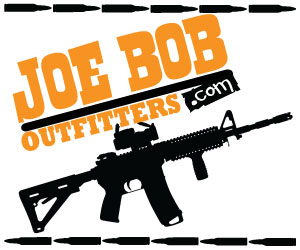krashmania
Still dont know anything
How much would it cost to get set up to start reloading 9mm?
I mean all the equipment, along with ammo supplies?
What would the average cost per round end up being on that?
Not looking for super precision, just cheap plinking ammo that would run reliably.
And how much cheaper does it end up being long term reloading as opposed to buying everything pre-made?
Is it difficult to do?
I know, these are some pretty basic questions, but I know absolutely nill about reloading. Any other info would be amazing if you could provide it. I've never really looked into it before, and saw a few threads that made me curious. Not necessarily looking to start right now, but maybe in the future?
Thanks!
I mean all the equipment, along with ammo supplies?
What would the average cost per round end up being on that?
Not looking for super precision, just cheap plinking ammo that would run reliably.
And how much cheaper does it end up being long term reloading as opposed to buying everything pre-made?
Is it difficult to do?
I know, these are some pretty basic questions, but I know absolutely nill about reloading. Any other info would be amazing if you could provide it. I've never really looked into it before, and saw a few threads that made me curious. Not necessarily looking to start right now, but maybe in the future?
Thanks!


 Hmm - Post #111 on 111111
Hmm - Post #111 on 111111 
 9mm is pretty cheap. The cost to reload is not going to save a whole lot on 9mm, especially after you calculate the cost of equipment and even more so if you calculate your time. The larger projectiles will definitely offer more room for savings. The other reason to reload is for quality control, customization and purposeful shooting. The more I shoot, the more I realize that different guns like different rounds. Being able to reload gives you the opportunity to tailor your rounds to your specific firearm and your specific activity. If you're starting from scratch and getting into reloading explicitly for saving costs, you will be reloading for years in order to see a savings. Just my .02.
9mm is pretty cheap. The cost to reload is not going to save a whole lot on 9mm, especially after you calculate the cost of equipment and even more so if you calculate your time. The larger projectiles will definitely offer more room for savings. The other reason to reload is for quality control, customization and purposeful shooting. The more I shoot, the more I realize that different guns like different rounds. Being able to reload gives you the opportunity to tailor your rounds to your specific firearm and your specific activity. If you're starting from scratch and getting into reloading explicitly for saving costs, you will be reloading for years in order to see a savings. Just my .02.
